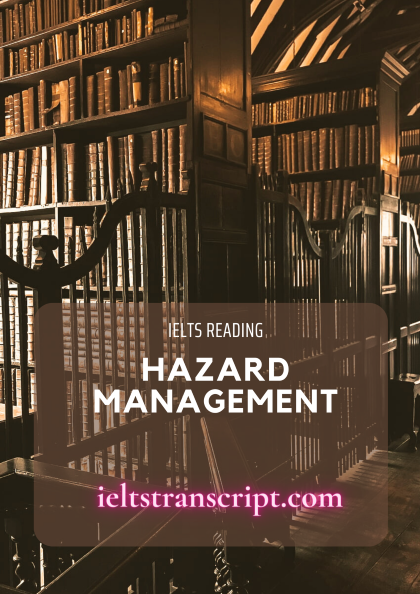- Đối với sản phẩm có giá: Sau khi chúng tôi ghi nhận thông tin đã thanh toán sản phẩm của bạn, sản phẩm sẽ được mở khóa và bạn có thể xem trực tiếp và tải tài liệu sản phẩm.
- Đối với thành viên trả phí: Bạn có thể mua và thanh toán sản phẩm với giá 0đ để tải tài liệu sản phẩm.
- Bạn có thể liên hệ với chúng tôi để được hỗ trợ mở khóa sản phẩm sớm nhất.
Special Olympics Conditions of Participation
- Chúng tôi chấp nhận các phương thức thanh toán sau đây: Thẻ tín dụng, thẻ ghi nợ, PayPal, chuyển khoản ngân hàng và tiền mặt.
Chúng tôi sẽ không thu thêm phí cho bất kỳ hình thức thanh toán nào.
- Nếu bạn gặp vấn đề về sản phẩm của chúng tôi trong thời gian sử dụng, vui lòng liên hệ với chúng tôi để được hỗ trợ xử lý sớm nhất nhé.
Xem trước mẫu
Special Olympics Conditions of Participation
To be eligible for participation in the Special Olympics an individual with an intellectual disability must agree to observe and abide by the SOC Sports Rules. ‘Mental Retardation’ refers to substantial limitations in present functioning. It is characterised by significantly sub-average intellectual functioning, existing concurrently with related limitations in two or more of the following applicable adaptive skill areas: communication, self-care, home living, social skills, community use, self-direction, health and safety, functional academics, leisure and work. Mental retardation manifests itself before the age of 18. The following four assumptions are essential to the application of the definition:
The term ‘mental retardation’ is a diagnostic term used to describe the condition defined above. In keeping with the current language practised within the field, the term ‘mental retardation’ is no longer commonly used. In its place, if it is absolutely necessary to use a label, i.e. in an educational setting or in a SOC/NCCP Technical Programme, then the term that is in keeping with the current practices is a person with an intellectual disability. Special Olympics was created and developed to give individuals with an intellectual disability the opportunity to train and compete in sport activities. No person shall, on the grounds of gender, race, religion, colour, national origin or financial constraint be excluded from participation in, or be denied the benefits of, or otherwise be subjected to discrimination under any programme or activity of Special Olympics. Flexibility is left to the Local, Region/Zone, Chapter and National Special Olympics organisations for determining the eligibility of the participants because of the variety of situations and needs that exist in the many localities where Special Olympics programmes have been and will be instituted. Inclusion is preferred to exclusion when eligibility is in question. Individuals who have both an intellectual disability and multiple disabilities may participate in Special Olympics programmes and competitions.
There is evidence from medical research that up to 15 percent of individuals with Down Syndrome have a defect in the cervical vertebrae C-1 and C-2 in the neck. This condition exposes Down Syndrome individuals to the heightened possibility of a neck injury if they participate in activities that hyperextend or radically flex the neck or upper spine.
1) Accredited Programmes may allow all individuals with Down Syndrome to continue in most Special Olympics sports training and competition activities. However, such individuals shall not be permitted to participate in sport training and competitions which, by their nature, result in hyperextension, radical flexion or direct pressure on the neck or upper spine. Such sports training and competition activities include: the butterfly stroke and diving starts in swimming, diving, pentathlon, high jump, equestrian sports, artistic gymnastics, soccer, alpine skiing and any warm-up exercise placing undue stress on the head and neck.
2) Restriction from participation in the above-listed activities shall continue until an
...Để xem được đầy đủ nội dung và tải dữ liệu, bạn phải trở thành thành viên của chúng tôi và trả phí cho tài liệu (nếu có)












